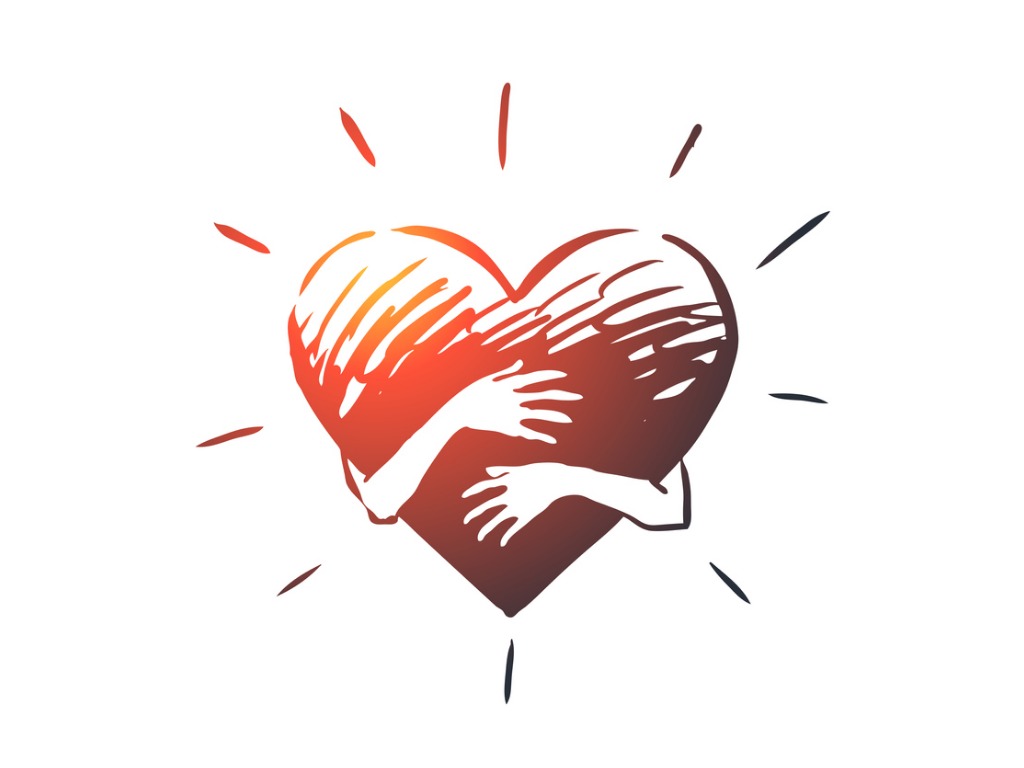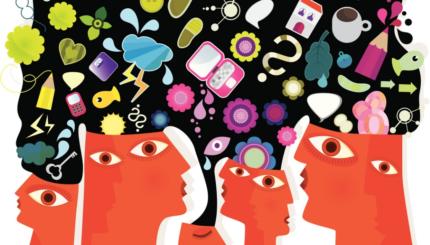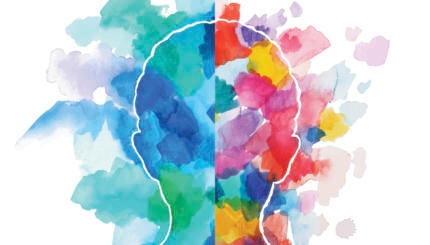As human beings, we all want to feel seen and heard. We need a human connection and to feel like we belong. As teenagers, we crave understanding. During our teenage years, we are constantly searching to find who we are, and how our experiences, emotions, and opinions define us. We build lifelong relationships, drift apart from old ones, and create a vision of who we want to be in the world. It is a time of firsts- the first kiss, first love, first break up, the first job, first car, and the first steps toward the rest of our lives.
But what happens when these connections are lost? Who do you talk to when no one understands what you have gone through? We are told that our experiences make us who we are. While this is true, sometimes those experiences leave us feeling alone and isolated.
When I was five, my father died suddenly of a heart attack at the age of 37. He had no major health concerns, and it was a shock to all of our family and friends. All of a sudden our family was comprised of a single mother and two young kids. It wasn’t an easy situation for any of us, and for the next couple of years, we struggled through everything life threw at us.
We eventually found our way through the dark. My mom remarried, and my sister and I were legally adopted by her new husband. We joined the local swim team, participated in spelling bees, and traveled. Through it all, the memory of my dad never left us. I thought of him at every birthday, graduation, and swim meet. How would he react to this? Would he like who I’ve become? What joke would he tell me to make me feel better?
These are not easy questions. And sometimes, you feel like you can’t ask those around you. While your family has gone through the same experience as you, as a teenager, you are affected in a million different ways. Just like any human, we want to be understood and heard. We crave empathy, not just sympathy. But at the same time, we have all been shaped differently through our experiences, leaving other older or younger family members unable to fulfill what we need.
This summer, I was struggling with this idea a lot. I had great friends and an amazing support system. But there was a part of me that still wanted to be heard; to be understood on a personal level. While pondering this, I thought back to the years right after my father had died. My mom and I went to group therapy for people who have lost a parent or a spouse, and I remembered how beneficial it was to me. The group members understood everything that I was going through and how my life had changed. While we all had slightly different scenarios, we understood each other’s deepest and simplest emotion – loss. I started thinking- why don’t teenagers have this? Why isn’t there a space where we can come together and just talk about the things that no one else quite understands?
These questions then led to the creation of Understood. Understood is a space where teens can share what they’re going through with others who understand. While we surround ourselves with those who care for and about us, this topic is extremely unique. I often find it hard, when thinking about my dad or experiencing grief, to explain to others what is occurring in a way they would understand. In my experience, I have found that true connection and understanding comes from others who have also experienced the loss of a parent.
Understood will bring teens together over video chat on April 24th, 8pm EST to talk, laugh, and connect with other teens who have also lost a parent. To join us, please e-mail Here.Now. program director, Pamela Schuller at Pschuller@jbfcs.org. All you need to join us is an hour free and a phone or computer with an internet connection!
We hope to turn this into a virtual support network of teens who connect once a month. These conversations can range from how we cope with the anniversary of a parent’s death to the newest movie out, but they all serve a purpose. They all seek to help teens connect and feel like they are seen and heard. They allow teens to feel the relief of knowing that they are not alone and that their experiences and feelings matter. They establish our connection to one another. They help us know that we are not only seen, but we are understood.






